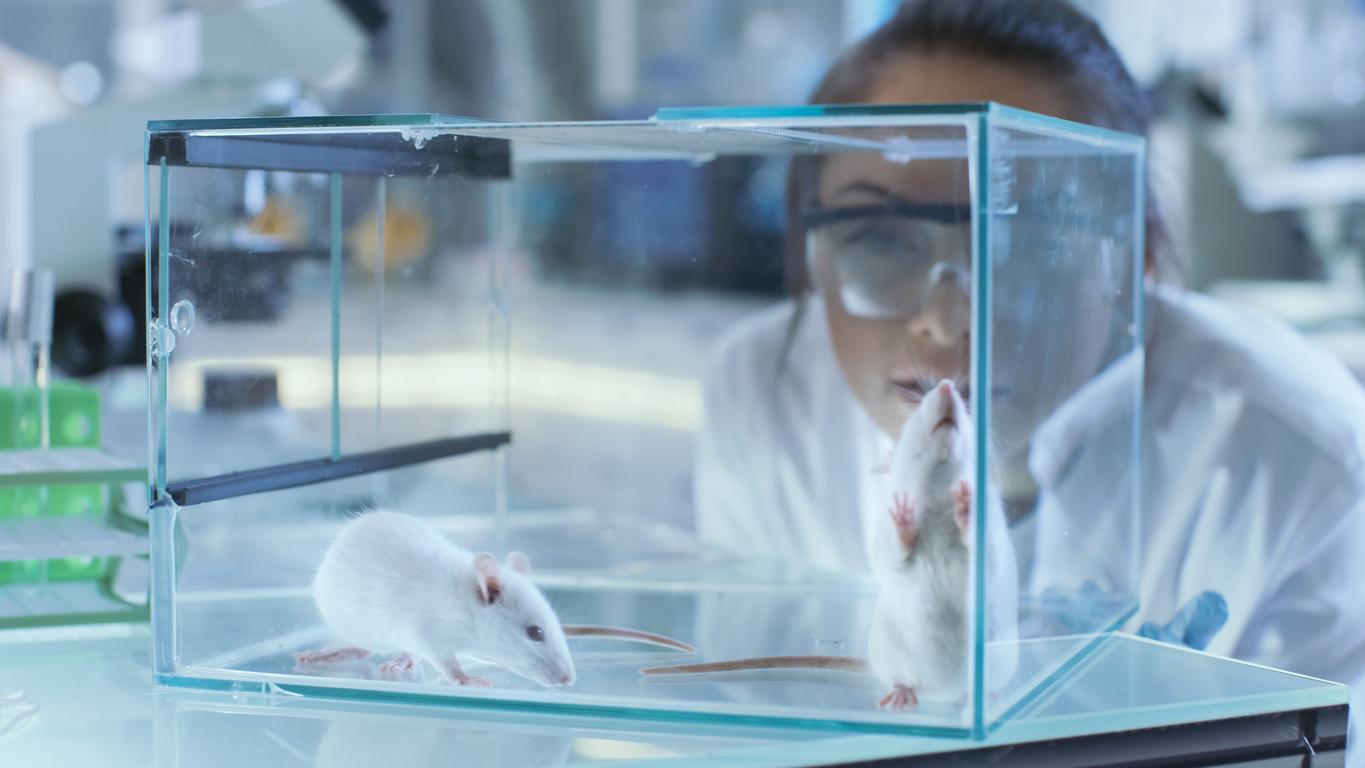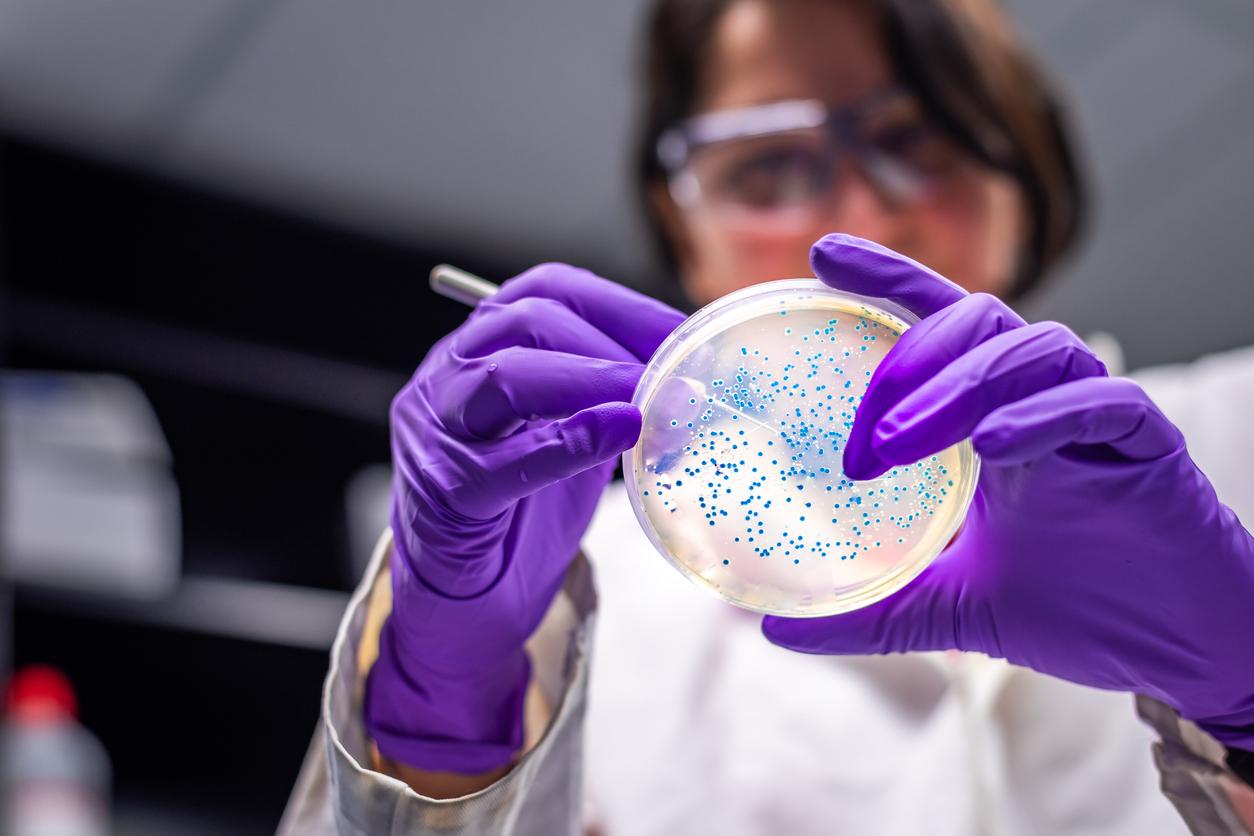A drug that blocks production of a pro-inflammatory cytokine has extended the lives of laboratory mice by 25%, opening new prospects for slowing aging in humans.

- Researchers have developed a drug that blocks the production of interleukin-11 (IL-11), a key molecule in countering the aging process.
- Mice treated with this drug saw their life expectancy increase by 20% to 25% depending on their sex.
- “Although our work was carried out in mice, we hope that these results will be highly relevant to human health, given that we have observed similar effects in studies on human cells and tissues,” said Professor Anissa Widjaja.
“Supermodel grandmothers.” That was the charming nickname given to these laboratory mice, so much did their youthful appearance and good health contrast with their age. Researchers from the London Medical Sciences Laboratory, Imperial College London and the Singapore Faculty of Medicine have in fact developed an “anti-aging” drug that has extended the lifespan of these mice. These surprising results were published in the review Nature.
A specific target: interleukin-11 (IL-11) responsible for aging
The researchers identified a specific target, interleukin-11 (IL-11), as a key molecule to counter the aging process. This pro-inflammatory cytokine, upregulated with age in mice, plays a key role in aging-related pathologies. By blocking its production with an antibody, they observed a significant improvement in metabolism, muscle function, and a reduction in signs of aging and frailty in older mice, thus extending their lifespan.
The scientific trial showed that mice lived up to 155 weeks, compared to the usual 120, when they were regularly given the drug from 75 weeks (the equivalent of 55 years for a human being). This corresponds to an increase of about 20% to 25% in life expectancy depending on the sex of the mice; females being more receptive than males.
Interleukin-11: what about humans?
Professor Anissa Widjaja, Duke-NUS School of Medicine, said: “Although our work was done in mice, we hope that these results will be highly relevant to human health, given that we have observed similar effects in studies of human cells and tissues.”
This synthetic antibody that attacks interleukin-11 is currently being tested in patients with pulmonary fibrosis, a disease that causes lung damage and makes breathing more difficult. The trials are not complete, but according to the information gathered by the BBC According to Professor Cook, the data suggests that this drug is safe to take.
The only downside: the cost of manufacturing this drug makes it unthinkable to treat all human beings from the age of 50 until the end of their days…

















